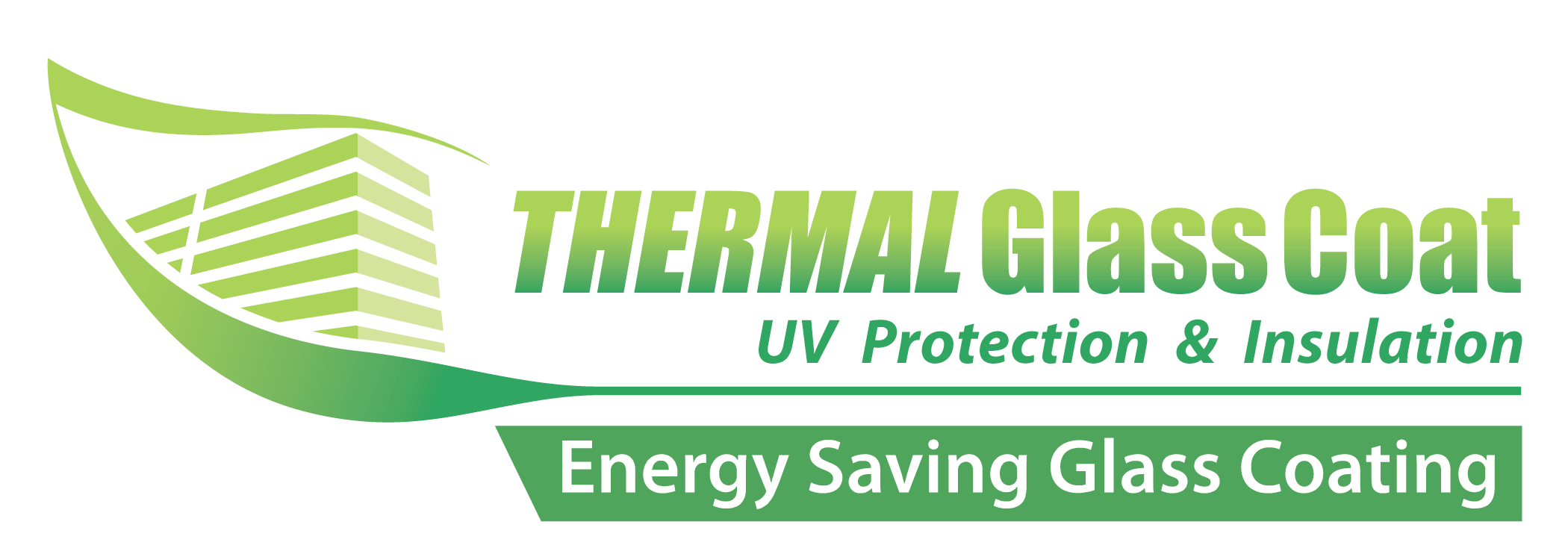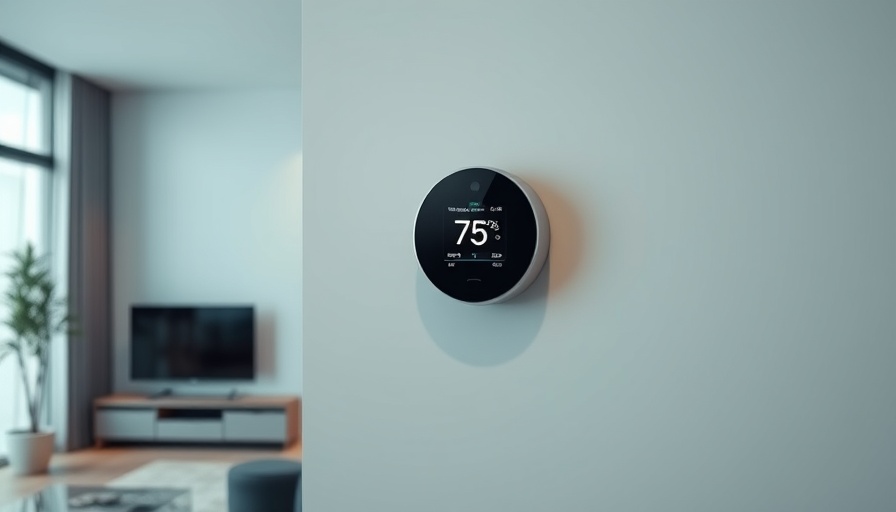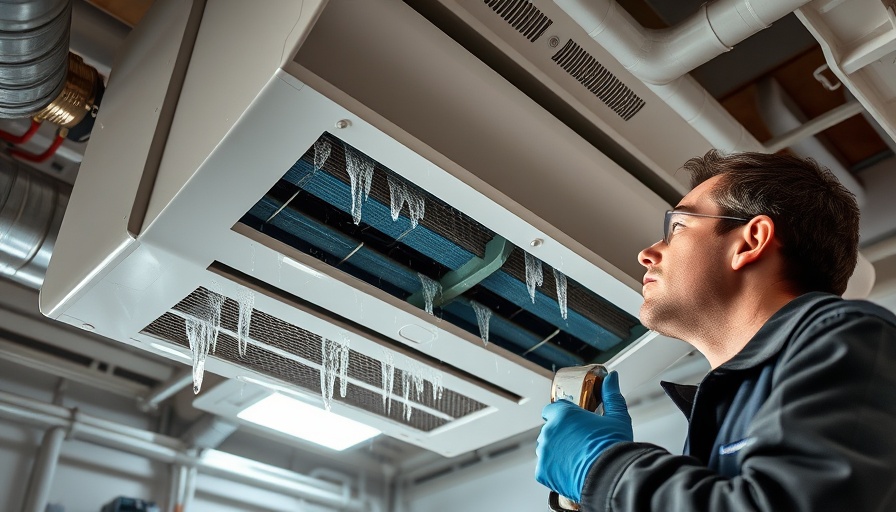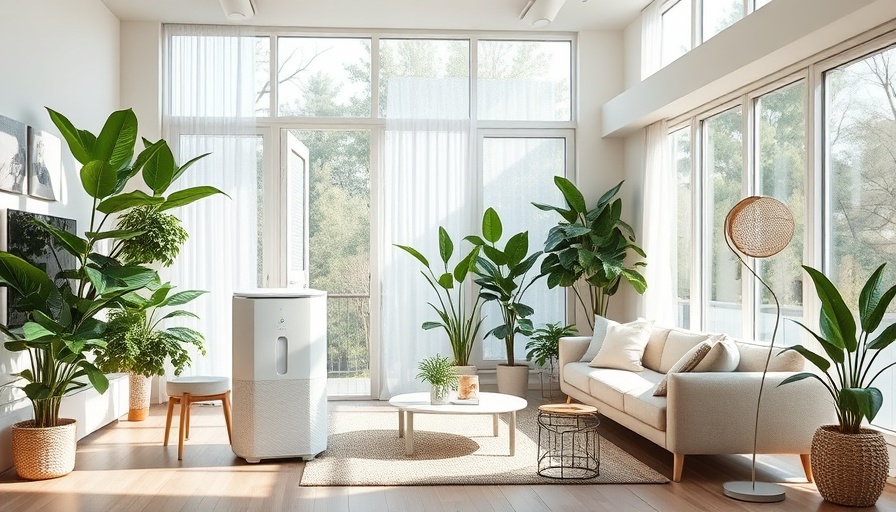
Recognizing the Signs of a Deteriorating HVAC System
The HVAC system is an essential part of any home, providing comfort year-round. However, just as with all major appliances, it has a lifespan and may show signs when it’s time for an upgrade. As homeowners, it's crucial to recognize these signs to ensure your home remains comfortable and energy-efficient.
Skyrocketing Energy Bills: An Early Warning Sign
One of the first indicators that your HVAC unit may need replacing is an unexpected increase in your energy bills. As systems age, they lose efficiency and draw more power to maintain desired temperatures. If your energy costs surge without any change in usage, this is a clear signal that your HVAC system is struggling. Investing in a newer, energy-efficient model could lead to significant savings in the long run.
Frequent Repairs: A Costly Pattern
If you find yourself constantly calling for repairs, it might be more cost-effective to replace your HVAC system altogether. Continuously spending on repairs can quickly outpace the price of a new unit. Many companies provide free estimates for new installations, offering you the chance to weigh the costs of repairing versus replacing your unit.
Uneven Heating and Cooling: A Red Flag for Your Comfort
Do more than a few rooms in your home feel uncomfortable? Noticeable temperature differences indicate that your HVAC system is likely unable to distribute air effectively, often implying that it is past its prime. A modern system typically offers better air distribution, enhancing the overall comfort of your home.
Strange Noises and Odors: Alert Signals
If your HVAC system begins to emit strange sounds or unpleasant odors, it is crucial to address these issues swiftly. Unusual noises can indicate mechanical troubles, while odd smells might signal serious problems requiring immediate attention. Ignoring these signs can lead to further damage, highlighting the necessity for a system review—or eventual replacement.
Poor Air Quality: More Than Just A Discomfort
A failing HVAC unit can adversely affect your indoor air quality, leading to increased levels of dust, allergens, and poor humidity control. If family members begin to experience more allergies or respiratory issues, upgrading to a new unit equipped with better filtration systems and humidity controls should become a priority.
Age Matters: The 10-15 Year Rule
Most HVAC systems are designed to last between 10 to 15 years. If your system is nearing the mid-point or beyond, consider it as an opportunity to upgrade. Enhanced technologies available today not only improve comfort but also offer more efficient energy consumption, which is beneficial for your wallet and the environment.
Planning Home Renovations? Time for an Upgrade!
If you're considering home renovations that include an expansion, your existing HVAC system may no longer serve adequately. Evaluate the system's capacity against your home's future needs to determine if it’s time for a modern, more efficient solution.
Take Action Now for Better Comfort
Don’t wait until you’re uncomfortable or faced with exorbitant repair costs. If you notice any of the signs discussed, consider contacting a professional for an assessment. A new HVAC unit could provide the warmth and comfort you deserve, while also being cost-effective in the long term.
 Add Row
Add Row  Add Element
Add Element 



Write A Comment